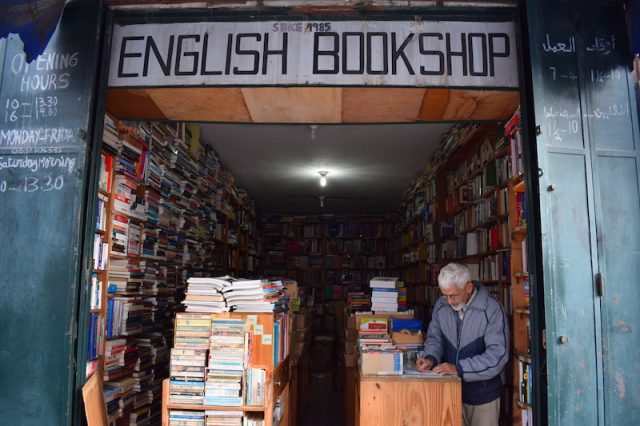
Is the English language gaining momentum in Moroccan schools?
The Moroccan Parliament has passed a controversial new bill to reform the education system.

The new law has provoked a political crisis, due to a new language policy called “linguistic alternation,” the tricky shift to teaching scientific and technical courses in foreign languages instead of standard Arabic.
Further revelations about the bill’s contents show that French will indeed be used more in schools, but English, too, has gained ground in the kingdom’s schools.
Replacing standard Arabic in teaching scientific courses angered many members of the ruling Justice and Development Party (PJD), a conservative Islamic political party.
The most prominent figure opposing the bill is former Prime Minister Abdelilllah Benkirane, who is still an influential element within the Islamist movement. Despite countless attempts, Benkirane has failed to convince the party to block the new legislation.
It is clear that the latest policy is a win for the economic and cultural dominance of French in Morocco, since most science courses are going to be taught in French. Conservatives are saying it is a threat to the Moroccan “Arabo-Islamic” identity.
However the question of the relevance of English within Morocco is still being debated.
As a matter of fact, the text of the bill raises the importance of “foreign languages” in teaching scientific and technical courses.

Yet, English is explicitly required, in this piece of legislation, as a mandatory course for vocational schools and universities.
Additionally, there is room for university degrees taught entirely in English as professors and researchers are required to master English as essential element in their work.
The bill has put in place an optimistic goal that a student with a baccalaureate degree—the diploma that marks the completion of high school—should master standard Arabic and Amazigh (Berber), as the two official languages, in addition to French and English.
Morocco is a former French colony; French is widely spoken among educated people; and cultural ties are maintained by a large network of French cultural centers.
France’s direct investment accounted for 28% of the foreign investments in Morocco in 2018. It is along term ally of Morocco with a special relationship in areas like security.
However, Morocco is looking to strengthen its position in Africa and globally. Looking for new markets and getting more jobs for the growing numbers of young graduates is an urgent matter for the country.
Government officials are aware of the importance of having a workforce trained to communicate in English to enhance foreign investment and to expand the private sector in Anglophone African countries.
The latest government reshuffle in October 2019 is another example of how English is going to become more prominent, certainly at the level of higher education.






